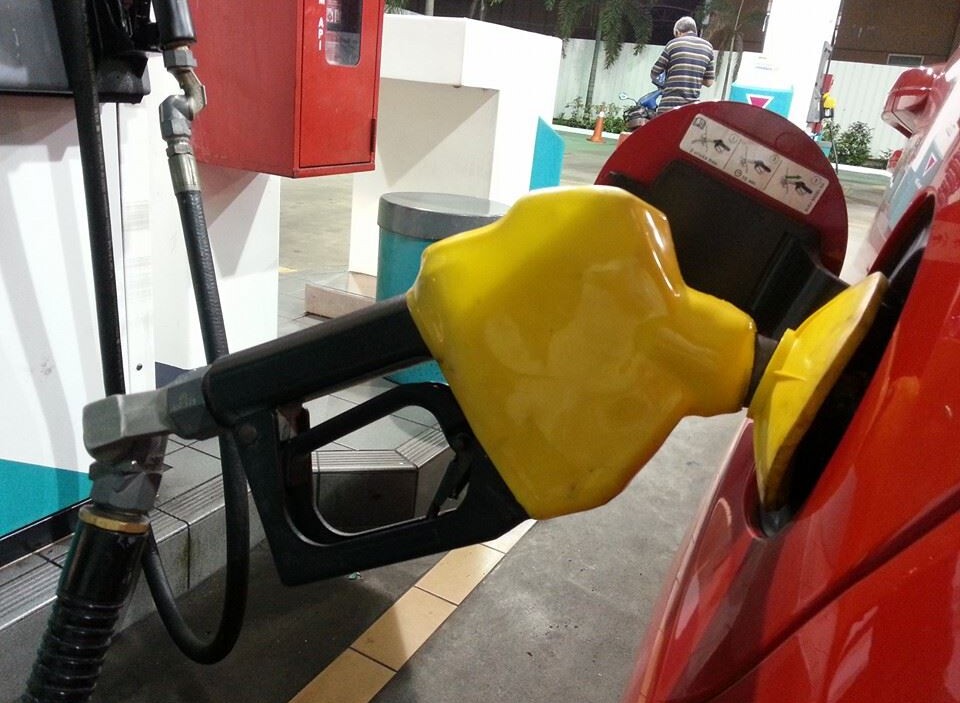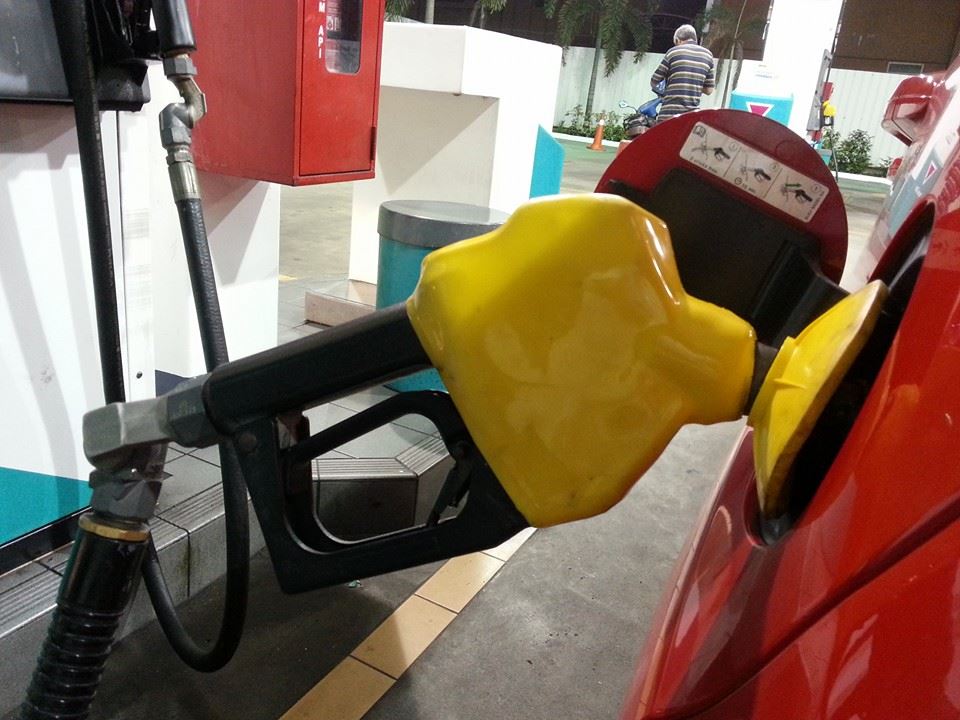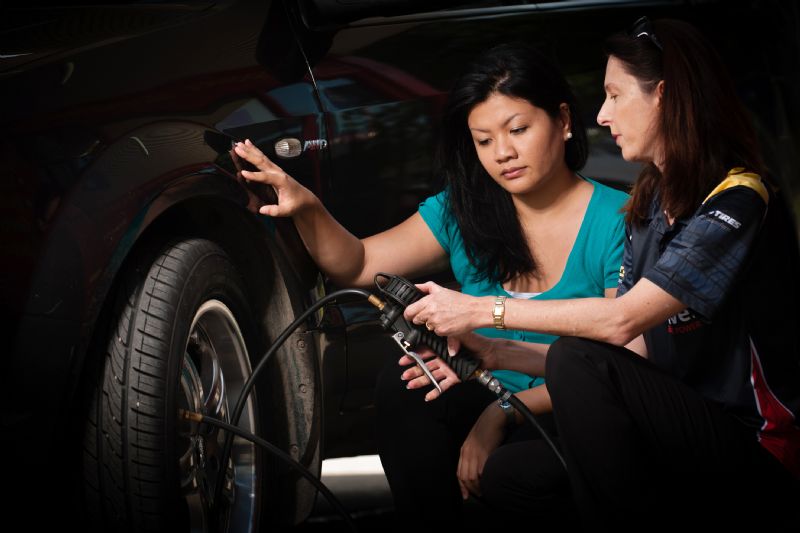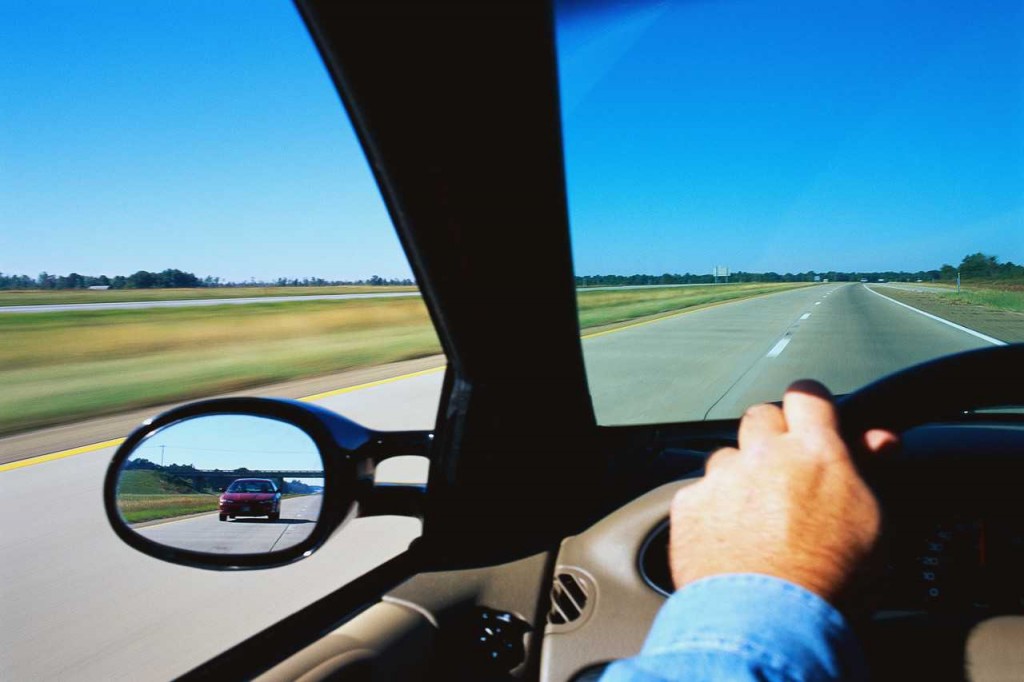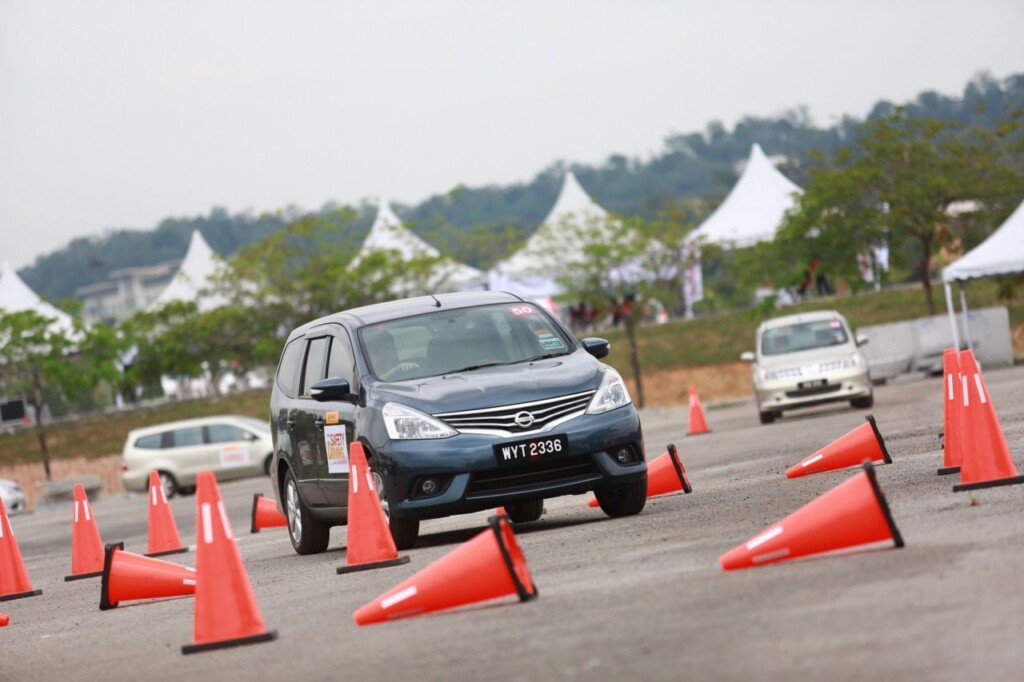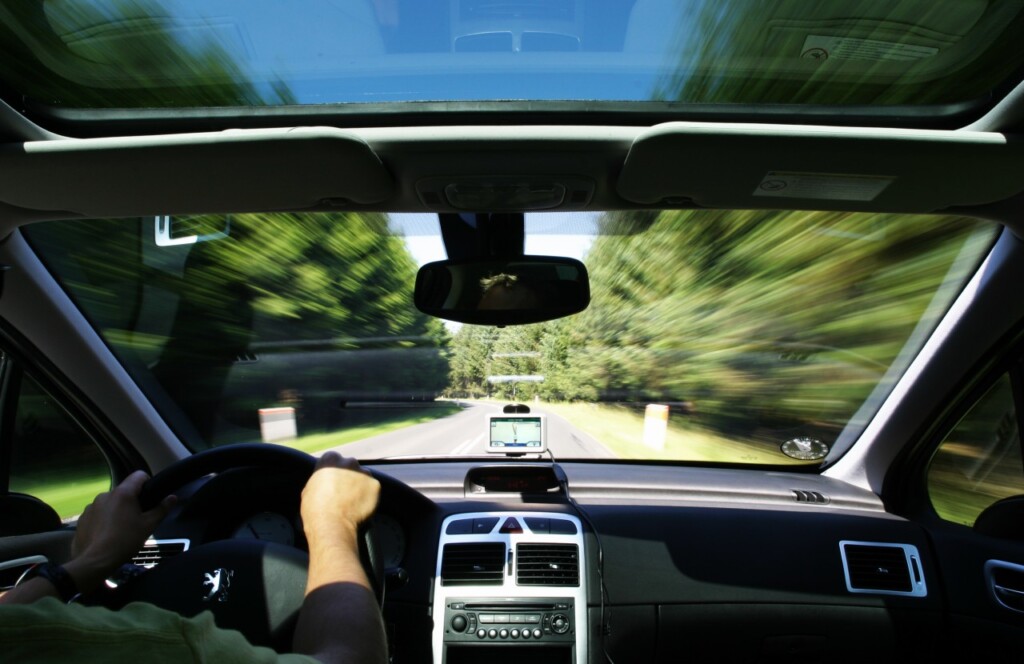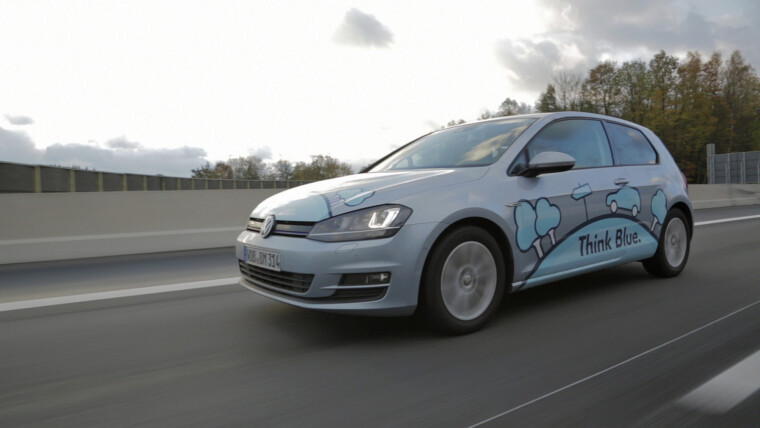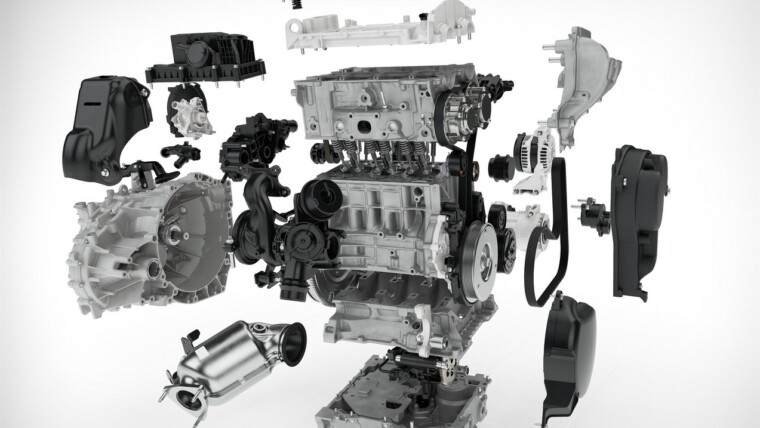Some Malaysians have been going to extraordinary lengths to save fuel and cut driving costs. According to a recent study conducted by Shell, which analyses the behaviour of 1,000 Malaysian drivers aged 18 to 40, reveals that while 90% see being fuel-efficient as important, 81% admit they don’t know how to do, do you?
For example, 68% of drivers believe warming up their engine before setting-off will make them more fuel-efficient, while 64% think filling-up at night when it’s cooler does the same trick. Similarly, many drivers think they conserve fuel when they keep the engine running to avoid restarts (53%), frequently change gears up and down (53%), and drive slowly all the time (42%). Shockingly, over a third (35%) even believe ‘burping’ their cars to release air pockets in the tank will help them save fuel.
There are many simple ways to help you save fuel in the long run. Below are a few simple tips that are proven to improve fuel-efficiency.
1. Idling for long periods of time like pulling-off the road to make a cell phone call or waiting for a friend, consumes petrol that could be saved by simply turning-off the engine. Restarting an engine uses about the same amount of petrol as idling for 30 seconds. When idling for longer periods of time like 20 minutes of so, it is encouraged to turn-off the engine instead of leaving it running.
2. Vehicles get much better mileage when they’re not loaded with unnecessary weight. Every 100kg of additional weight trims 1 km off fuel-efficiency. Most drivers accumulate material in the boot of their vehicle like shoes, books, bags, etc. where some of it is really unnecessary. So lighten your vehicles’ weight by taking away all the unneeded cargo or materials in your car to save fuel.
3. Before embarking on your journey, make sure that your tyres are properly inflated. When a tyre is underinflated by 4-5 psi below the manufacturer’s recommended tyre pressure, vehicle fuel-consumption increases by 10% and, over the long haul, causes a 15% reduction in tyre tread life. To know what’s your ideal tyre inflation pressure, check the vehicle’s doorpost sticker on the side of your car.
4. Many consumers have a misconception that purchasing premium fuel (RON97 for example) will result it better fuel-consumption. However, studies show that Octane has nothing to do with fuel-efficiency; it merely indicates the volatility factor in the combustion chamber. Unless your vehicle owner’s manual specifically requires a specific Octoane usage, try to avoid using premium fuel. Plus, your fuel costs could be cut by as much as 20 cents by using regular fuel instead of the premium one.
5. An air-conditioner is one of the biggest drains on engine power and fuel economy as it adds extra load on the engine, forcing more fuel to be used. It can reduce petrol consumption by up to 20%, depending on the type of vehicle. To save on your petrol bill, don’t turn on your air-condition all the time, instead, use it as a fan to simply circulate air. You can opt to use the air vent setting as much as possible especially in the morning to replace the A/C. In addition, leaving your car in a shaded area also helps because your A/C won’t need to work as hard to cool down the interior.
6. Wind drag is a key source of reduced fuel mileage, causing an engine to work harder, thereby reducing fuel economy. Minimise wind drag by keeping the windows rolled up. This allows air to flow over the body, rather then drawing it inside the cabin and slowing down the vehicle. A wide-open window, especially at highway speeds, increases aerodynamic drag, which could result in a 10% decrease in fuel economy.
7. Don’t drive aggressively. If you can anticipate traffic conditions, accelerate and decelerate smoothly on the road because it’s safer, uses less petrol, and reduces brake wear. In stop-and-go commuter traffic, look two or more vehicles ahead as you keep an eye on the driver in front of you. This enables you to accelerate and decelerate more gradually. By anticipating a traffic light change, an upcoming stop sign, or the need to slow down at a corner, you can avoid or reduce brake use and save petrol in the process.
8. When climbing a hill, the engine is already working hard to overcome the pull of gravity. Pushing it harder by stepping on the throttle is simply a waste of fuel. Accelerate as smoothly as possible up an incline.
9. As mentioned earlier, unnecessary changes in speed are wasteful. Studies show that fast starts, weaving in and out of traffic, and accelerating to and from a stop light don’t save you much time, and does wear-out components such as brakes and tyres faster. Therefore, limit quick acceleration and fast braking to improve fuel economy. When accelerating, pretend that you have a fresh egg underneath your right foot. A light, steady pressure helps to minimize the amount of fuel consumed and maintain a more moderate and steady speed.
10. Proper maintenance increases a vehicle’s fuel economy. For example, misaligned wheels that fight each other waste fuel. Apart from that, keep the air filter clean because a dirty filter clogs an engine’s air supply, causing a higher fuel-to-air ratio and thereby increasing petrol consumption. By giving proper maintenance to your car, you can actually save fuel in the long run.
Source: Shell, automotive-fleet
Other posts by AF Newsdesk

